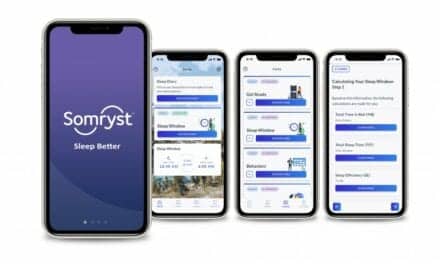The promise of sleep tracking technology is powerful and—at first blush—highly convincing. Yet for all the promise of sleep trackers, a number of health pros have started to speak out against them.
“Many in the field are appreciative of the greater attention that these trackers have brought to the issue of insufficient sleep,” says Jamie Zeitzer, a circadian physiologist at the Stanford Center for Sleep Sciences and Medicine. Experts like Zeitzer, however, doubt the data these trackers give has real value to many users—and suspect that tracking could actually be detrimental to good sleep.
No one in the sleep science community is calling for the abolition of tracking tech. Many doubters, however, do think that we should perhaps lean away from them, or at least make people more aware of their limitations. Dalva Poyares and Ronaldo Piovezan, two sleep researchers based in Brazil, for instance, have been hosting presentations for medical professionals over the last year “to warn about the limitations of … these devices.”
A fair amount of this skepticism stems from longstanding doubts about just how accurate these devices are.
These doubts have led to, among other things, a 2012 lawsuit against Fitbit for allegedly overestimating users’ sleep by a significant margin. There was also an entire edition of the academic journal SLEEP in 2015 focusing on trackers’ limitations, and a 2017 warning from Consumer Reports about the potential for misreported data in most tracking tech.



This is a really complex issue, and not a dichotomous good/bad situation.
The big issues are not about efficacy or accuracy as many of the scientific/medical community will insist.
Facts are consumer trackers have progressed a huge amount in only a matter of a few years.
The main problems are to do with building an infrastructure for standardisation, validation, raw data access, algorithmic disclosure.